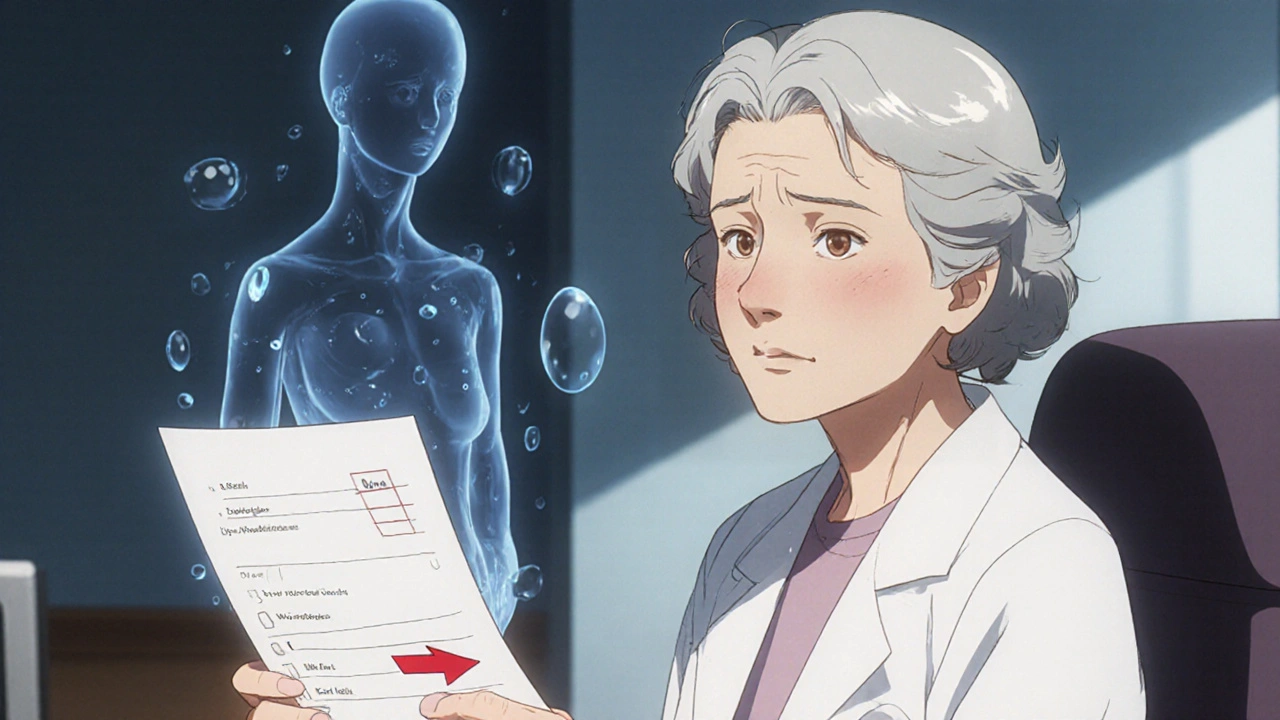Falls in Elderly: Prevention, Risks, and Medication Links
When an older adult falls, it’s rarely just an accident. A fall in elderly, an unexpected loss of balance leading to impact with the ground. Also known as senior fall, it’s one of the top reasons people over 65 end up in the ER. One in four seniors falls each year, and half of them don’t even realize how many times it’s happened. These aren’t just bumps and bruises—falls cause fractures, head injuries, and long-term loss of independence. And often, the real culprit isn’t slippery floors or weak legs. It’s the meds they’re taking every day.
Many common drugs used by older adults—like blood pressure pills, sleep aids, or even antidepressants—can make you dizzy, slow your reflexes, or mess with your balance. For example, valsartan, a blood pressure medication that lowers pressure by relaxing blood vessels, helps protect the heart but can drop blood pressure too fast when standing up. That’s called orthostatic hypotension, and it’s a silent fall risk. Same with levothyroxine, a thyroid hormone replacement that boosts metabolism: too much can make your heart race and your hands shake. Even mometasone, a steroid nasal spray used for allergies, can affect your system if absorbed in large amounts, especially when combined with other drugs. These aren’t warnings you’ll find on every pill bottle, but they’re real.
It’s not just about the drugs, though. Falls in elderly often happen because of a mix of things: poor lighting, loose rugs, weak muscles, vision changes, or even dehydration. But here’s the thing—you can’t fix everything at once. Start with what you control. Talk to your doctor about every pill you take. Ask: "Could this make me dizzy?" Check your vision and hearing yearly. Do simple balance exercises like standing on one foot while holding the counter. Remove tripping hazards. And if you’ve fallen once, don’t wait for the next one—get checked. The posts below dig into exactly how medications, health conditions, and daily habits connect to fall risk. You’ll find clear comparisons, real-life tips, and no-fluff advice on how to stay steady on your feet.

Older Adults on SSRIs: How to Prevent Hyponatremia and Falls
SSRIs help many older adults with depression, but they raise the risk of hyponatremia and falls. Learn how to spot the signs, choose safer meds, and prevent serious complications.
Continue Reading